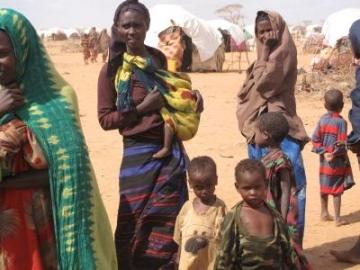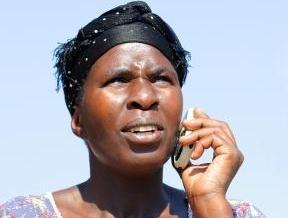Tag

Action Radiotherapy
UK’s only charity dedicated to improving radiotherapy treatmentDirectory:
Expertise:
Action Radiotherapy believes that every cancer patient in the UK should have access to the best radiotherapy treatment available.
We aim to support radiotherapy research and development and support radiotherapy professionals by providing online tools to enhance collaboration.
Radiotherapy is effective and inexpensive compared with some cancer treatments and second only to surgery in its potential to cure cancer. Even small improvements in how radiotherapy is delivered could lead to large increases in the number of patients cured, and improve palliative treatment for others
Action Radiotherapy was launched in the House of Lords in July 2010. It grew out of the Academic Clinical Oncology and Radiobiology Research Network (ACORRN) which was launched initially by the National Cancer Research Institute in 2005 to harness the power of the radiation research base in the UK.
Action Radiotherapy receives no government or other funding and its activities are entirely dependent on charitable donations.
view this profile
Women are important. Educate them and some of the world’s biggest health challenges will improve. That’s the thesis of Sir Michael Marmot, Research Professor of Epidemiology and Public Health, University College, London and chairman of the WHO Commission on Social Determinants of Health.
One of the most significant health inequities of the 21stCentury is maternal mortality. In developing countries women are still dying in childbirth at an alarming rate. Educational charities, such as Reach to Teach, help to address this challenge by educating young people in poorly resourced rural areas. Over the past decade, Reach to Teach www.reach-to-teach.org has established over 100 teaching centres in rural India and educated over 5,000 children. According to its founder Sanjeev Gandhi, “inadequate access to education impacts significantly on women’s health. India has one of the highest rates of maternal mortality. The overwhelming majority of women who have completed secondary education insist on being attended by skilled health workers during childbirth.”
Improving maternal health is one of the eight Millennium Development Goals (MDGs) adopted by the international community in 2000. Under MDG5, countries are committed to reducing maternal mortality by three quarters between 1990 and 2015. Since 1990, traditional methods that rely heavily on western health professionals spending time in developing countries training the trainers have helped maternal deaths worldwide to drop by 47%.
However, 23 of 44 developing countries that are seriously challenged by high rates of maternal mortality are projected to fail the MDG5 and each week thousands of women in poorly resourced settings still die needlessly in pregnancy or childbirth and many more suffer injury, infection or disability from maternal causes.

Does this suggest that traditional methods alone are not working? Should we be paying more attention to innovative solutions such as those being tried in Kenya?

Kenya is using its well established mobile telephone networks to send and receive health information to educate pregnant girls and women. A recent survey showed that some 40% of rural Zambians, “who do not have enough money to buy food”, use mobile telephones at least once a week. This cost-effective and scalable approach to delivering health information may well have significant reach, as mobile telephone penetration in many African countries is relatively high although signals can still be patchy.
Kenyan women are also being remotely monitored during their pregnancy via their mobile phones. They receive regular calls from an automated system, which asks them questions to monitor their health condition in order to check that they do not have antenatal complications. The early success of this mobile screening and triage service is expected to see it expanded to those hard-to-reach patients in rural areas.
If the unmet need for family planning were satisfied by using mobile telephony, thousands of women’s lives would be saved and millions of newborn deaths would be averted. Given the pivotal role that women play in developing countries, each year an estimated US$15.5 billion is lost in potential productivity when mothers and newborns die. The Zambian government has been working tirelessly using traditional methods to reduce its high maternal mortality rate. With a population of some 13.8 million and over 8.2 million mobile telephone subscribers perhaps Zambia and indeed other countries struggling to meet their MDG’s on maternal mortality should look to Kenya.




